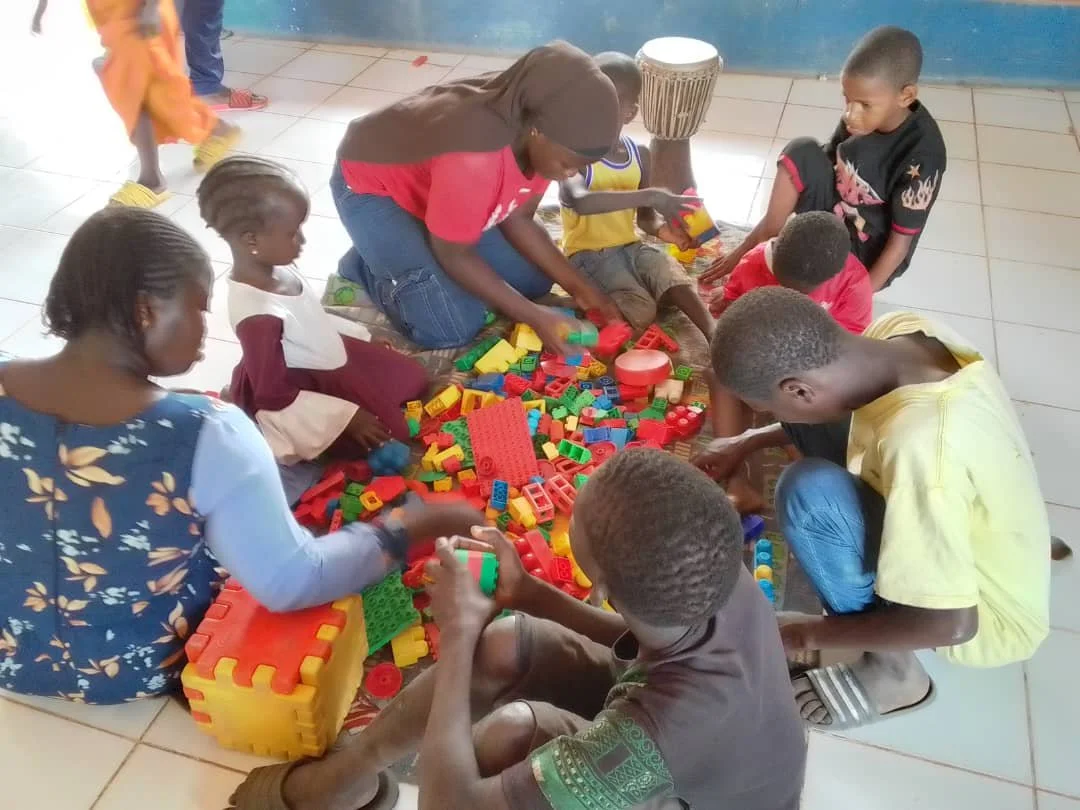2020: the year of “I can’t breathe”. From the horrific murder of George Floyd and the ensuing global protests, the respiratory distress experienced by millions within months, or the vitriolic echo of the ‘anti-maskers’ – the legacy of that one short polyseme will undoubtedly be felt in years to come. Already, the most tangible and provocative impacts have been felt in education – rethinking both what we teach, and how we teach it.
‘Isn’t it just too difficult and too expensive to include disabled people?’
The ones left behind
Inclusive education in Africa: Look beyond the school gates
Only 2% of disabled children in Africa are attending school. This clearly isn't good enough. But what is inclusive education? Well, it's about much more than just being in the same room. We need to consider the complex reasons why disabled children are denied their right to a quality education and adopt a child-centred approach which looks beyond simple statistics.
Playschemes: making childhoods happy
Building an inclusive world is a formidable task but it'll be well worth it
'I thought my child was a devil'
This isn’t what you expect any parent to say of their own child. However, in many African communities, when the child in question is disabled, this is not unusual. We heard this particular statement from a father at our most recent Parent Support Meeting in Gunjur, The Gambia. But we have heard it before. And it matters – a lot – because it is these persistent and negative attitudes that isolate and disable people with impairments.


